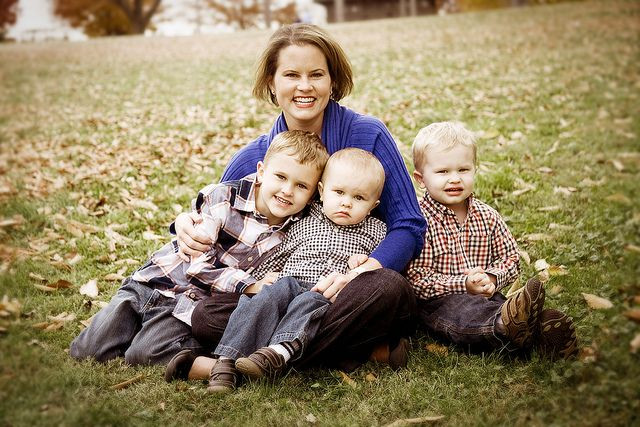Sibling Rivalry Causes Mother's Favorite Child To Feel Tension And Depression: Study

Are you your mother’s favorite? While that may seem like an advantage, think again, say Purdue University researchers. Their new study indicates you are not guaranteed psychological resilience as a result of protective love.
“Adult children who reported that they were most emotionally close to their mothers also reported higher depressive symptoms,” wrote the authors of the new study.
Apparently, no one gets off easy, because it wasn’t only the mama’s boys and mommy’s girls who grew up to be sad adults.
“Depressive symptoms were also higher when respondents identified themselves as being the children with whom their mothers had the greatest conflict, and in whom the mothers were most disappointed,” wrote the authors.
The One Thing Moms Never Tell
Though a good mother would never admit it, she really does have a favorite child, according to previous studies conducted by the research team. Dr. Jill Suitor, a professor of sociology at Purdue, and Dr. Karl Pillemer, a professor of gerontology in medicine at the Weill Cornell Medical College, first began their collaboration on the Within-Family Differences Study (WFDS) in 2001. Their goal was to achieve a greater understanding of relations in aging families. The researchers collected data from 725 adult children (average age of 49) within 309 families in which mothers were between the ages of 65 and 75 when the project began. The study occurred in two phases seven years apart.
The researchers analyzed the adult children and their relationships with their mothers, looking in particular at four dimensions of favoritism/disfavoritism: emotional closeness, conflict, pride, and disappointment. Surprisingly — or possibly not — the siblings continued to compare themselves to each other well into middle age. The constant appraisal and judgments, the researchers discovered, were the root cause of unhappiness.
Apparently, those adults who were perceived to be closer to the mother experienced more tension from their siblings, while also feeling greater responsibility for taking care of their aging mothers. Meanwhile, those who argued with their mothers or felt they’d disappointed her also suffered. In particular, disappointing Mom affected black adult children more than white adult children. However, this was the single racial difference discovered by the researchers.
The study results also indicate no differences based on gender. Both sons and daughters felt the weight of their mother’s opinion, whether good or bad, equally.
Source: Suitor JJ, Gilligan M, Peng S, Jung JH, Pillemer K. Role of Perceived Maternal Favoritism and Disfavoritism in Adult Children's Psychological Well-Being. Journal of Gerontology Social Sciences. 2015.
Published by Medicaldaily.com



























